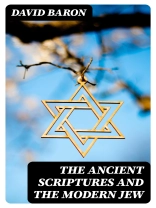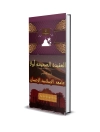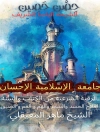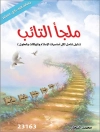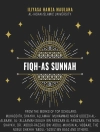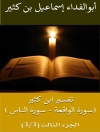In ‘The Ancient Scriptures and the Modern Jew, ‘ David Baron meticulously examines the interplay between ancient Jewish texts and contemporary Jewish life. With a distinctive blend of scholarly rigor and accessible prose, Baron delves into the hermeneutic challenges faced by modern Jews in interpreting the Scriptures, emphasizing the dynamic relationship between tradition and modernity. His analysis not only focuses on textual exegesis but also addresses broader themes of identity, faith, and cultural continuity within the Jewish community, making significant connections to historical contexts and contemporary societal shifts. David Baron, a prominent Jewish theologian and scholar, drew on his extensive background in Jewish studies and deep commitment to the Jewish faith to write this illuminating work. A member of the Anglo-Jewish community in the early 20th century, Baron was keenly aware of the struggles faced by Jews amidst a rapidly changing world. His own experiences—both intellectual and existential—shaped his desire to bridge the gap between ancient sacred texts and the lived experiences of modern Jews navigating a complex landscape of belief and practice. This book is highly recommended for anyone interested in Jewish theology, scriptural studies, or the ongoing dialogue between faith and modernity. Baron’s insightful observations and profound reflections invite readers to explore their own connections to tradition, making it an essential read for both scholars and laypeople seeking to understand the relevance of ancient Scriptures in today’s world.
A propos de l’auteur
David Baron (1855 – 1926) was a Jewish leader and author, born in Russia and later settling in London. He co-founded the Hebrew Christian Testimony to Israel, an organization aiming to evangelize Jews, and extensively wrote on themes of Christianity from a Jewish perspective. Baron’s work is characterized by a deep understanding of the Hebrew Bible and a desire to bridge the gap between Jewish tradition and Christian thought. His seminal work, ‘The Ancient Scriptures and the Modern Jew’ first published in 1900, delves into the enduring relevance of the Old Testament and its prophecies in the modern era, asserting the Messiahship of Jesus and challenging his contemporary Jewish community to consider Christian faith. Baron’s literary style is marked by meticulous scholarship and a compassionate tone, endeavoring to reconcile his Jewish heritage with his Christian beliefs without sacrificing the integrity of either. His works remain an essential reference for scholars of theology, particularly those interested in the intersection of Jewish and Christian texts and traditions.
